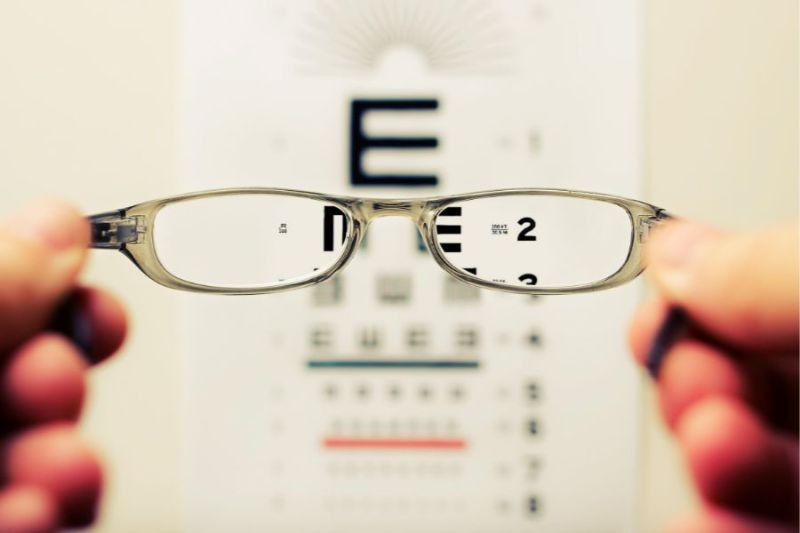VA Vision Care and Which Veterans Qualify

CCK Law: Our Vital Role in Veterans Law
Veterans who are visually impaired may be eligible for VA’s vision health benefits. VA’s vision care ranges from primary eye care services to intermediate and advanced clinical vision care, including clinical examinations, vision-enhancing devices, and specialized training in the use of innovative vision technology. VA also offers inpatient rehabilitation centers for veterans who are blind. These centers focus on enhancing skills such as communication, orientation, and mobility; manual skills; and recreational and daily living activities.
Routine Eye Examinations
If you have VA healthcare benefits, VA will cover routine eye examinations and preventative vision testing (e.g. testing for glaucoma). To schedule an eye examination, veterans can talk to their VA primary care providers or contact their nearest VA medical centers or clinics. Importantly, if you’re a blind or low vision veteran, you may be able to get more advanced vision care and rehabilitation services.
VA Vision Care Covers the Cost of Eyeglasses
VA vision care will cover the cost of eyeglasses if you meet at least one of the requirements listed below:
- You have any compensable service-connected condition; or
- You are a former prisoner of war; or
- You were awarded a purple heart; or
- You receive benefits under Title 38 United States Code (USC) 1151; or
- You received an increased pension based on your being permanently household and in need of regular aid and attendance
If you do not fall under the above-mentioned criteria, you may still be eligible for free eyeglasses if you have at least one of the following issues:
- Vision problems caused by an illness – or the treatment of an illness – for which you’re receiving VA care
Examples of such illnesses include stroke, diabetes, multiple sclerosis, vascular disease, and geriatric chronic illnesses (long-lasting illnesses that affect the elderly).
- Vision problems caused by an injury – or the treatment of an injury – for which you’re receiving VA care
Examples of such injuries include a reaction to prescribed medicines, cataract surgery or other surgeries of the eye, ear, or brain, and traumatic brain injury (TBI) or polytrauma (injuries to more than one body part or organ, often caused by a blast).
- Functional Impairment (parts of your body that don’t work as well as they should) or cognitive impairment (a problem with memory or thinking skills) that’s severe enough to make it hard for you to do everyday tasks.
- Vision and/or hearing loss (called dual sensory hearing impairment) that’s severe enough to interfere with your ability to take an active role in your own healthcare – and eyeglasses would help to reduce the impact of your impairment.
VA Disability Benefits for Vision Conditions
Over 250,000 veterans are currently receiving VA disability benefits for eye conditions stemming from their time in service as well. Eye conditions can include loss of vision, loss of light perception, conjunctivitis-related conditions, cataracts, and more. Importantly, eye conditions are eligible for VA disability compensation provided they cause permanent or chronic damage. Acute injuries to the eyes that are treated and resolved are typically not compensable. In May 2018, VA changed the rating schedule for eye conditions, adding three new diagnostic codes: diabetic retinopathy, retinal dystrophy, and post-chiasmal disorders. VA rates eye conditions under 38 CFR § 4.79, diagnostic codes 6000 to 6091.
About the Author
Share this Post
